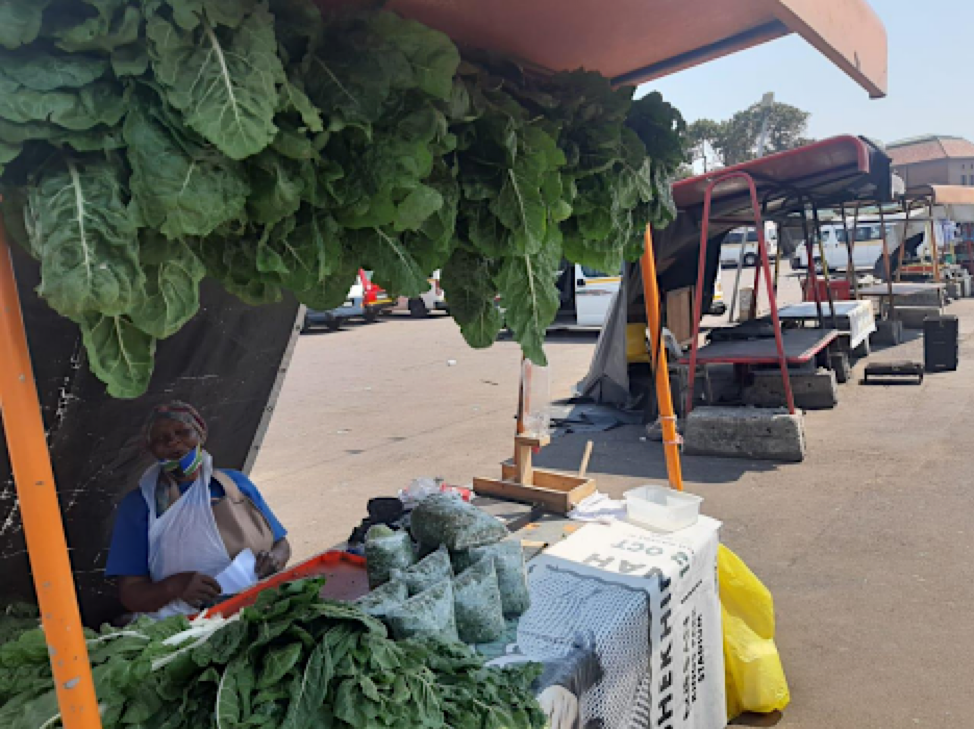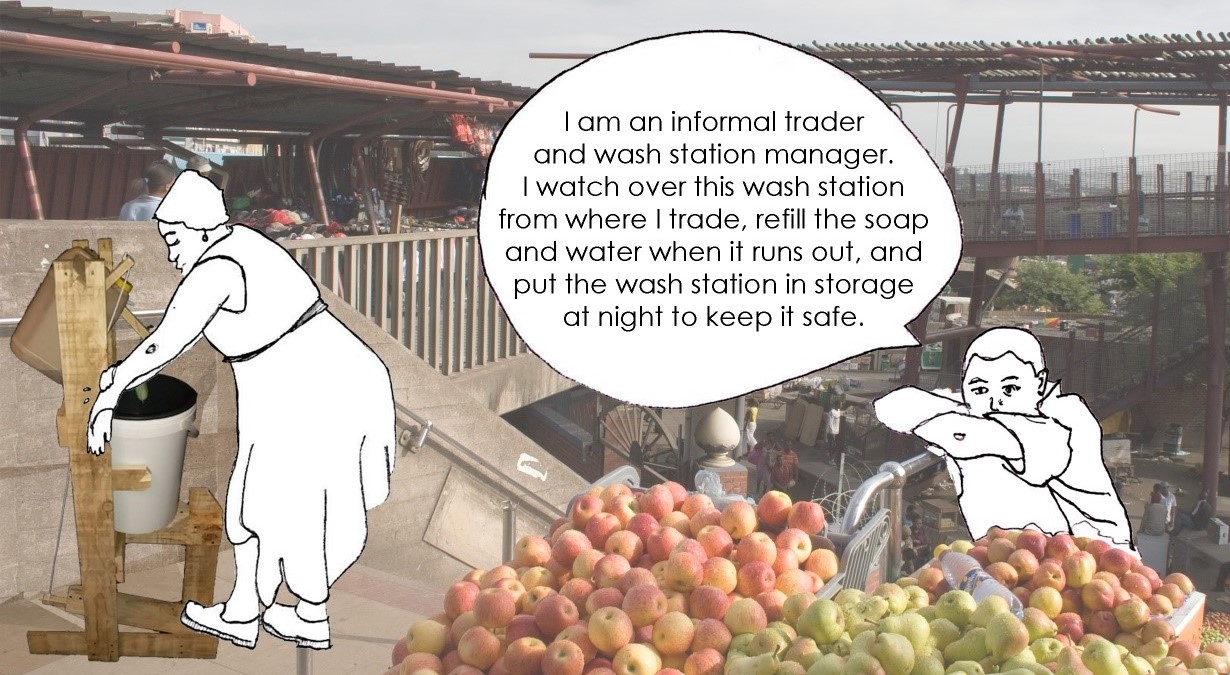Informality and the Law: Narratives of informal workers in Warwick, Durban
Sithulisile Moyo PART 1: #narratives of an informal worker: Treat us with dignity “They need to stop impounding our goods. Find other ways to harass us. Sondl’ imndeni ngalamatafula”. It’s in the wee hours of the day at an informal settlement in Kwandengezi, MaNgcobo is busy preparing for the long day ahead working at … Read more










